“Student Differences: An Asset, Not a Liability” (VIDEO)
JFF interviewed Dr. David Rose, co-founder of CAST (Center for Applied Special Technology), at the 2012 Students at the Center Symposium in Boston, MA, about the importance of student-centered learning and where it’s heading. The symposium gathered 150 leading practitioners, researchers, policymakers, and funders to discuss the latest research on student-centered approaches to learning. Rose wrote Curricular… Read More ›
“Taking Student-centered Learning System-wide” (VIDEO)
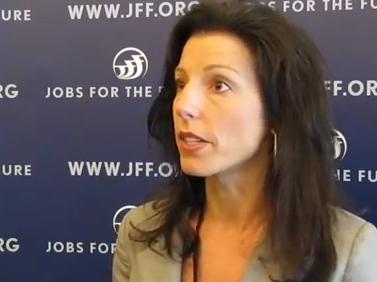
JFF interviewed Dr. Amanda Datnow, UC San Diego professor, at the 2012 Students at the Center Symposium in Boston, MA, about the importance of student-centered learning and where it’s heading. The symposium gathered 150 leading practitioners, researchers, policymakers, and funders to discuss the latest research on student-centered approaches to learning. Datnow wrote Changing School District Practices with Ben… Read More ›
Experts Call for Teaching Educators Brain Science
Excerpt from article in Education Week: “For the most part, teachers are not exposed systemically in a way that allows them to understand things like brain plasticity,” said Michael J. Nakkula, the chairman of applied psychology and human development at the University of Pennsylvania’s Graduate School of Education. Mr. Nakkula is part of the Students… Read More ›
Personalization in Schools
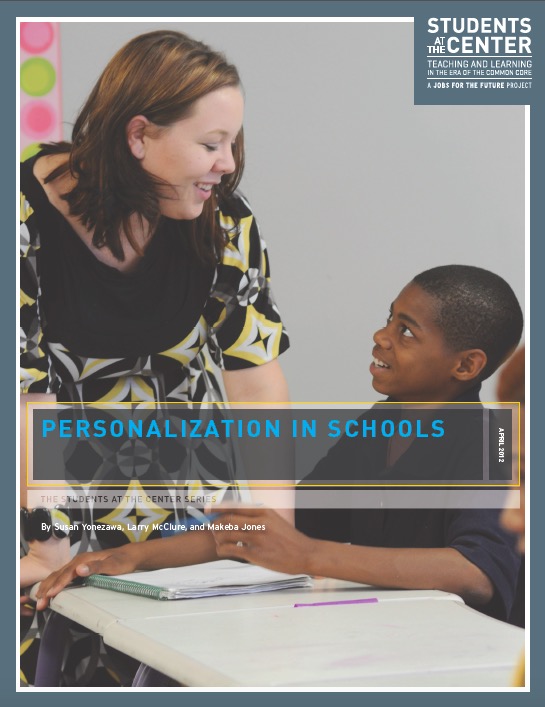
This paper examines how enhanced adult-youth relationships lead to increased student engagement, youth development and academic performance. It highlights the particular importance of personalization efforts for at-risk populations and non-traditional students and explores technical aspects of implementing personalization in schools. Personalization in secondary education supports student-centered learning and takes place through a variety of relational… Read More ›
Literacy Practices for African-American Male Adolescents: The Students at the Center Series
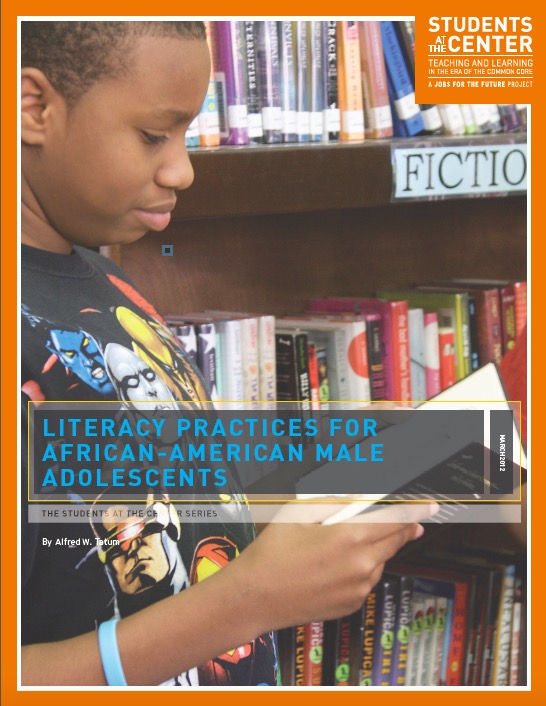
This paper, placing student-centered learning in the context of race and gender, reviews literature on factors that impede reading achievement, provides a socio-historical perspective for advancing African-American male literacy, proposes a framework of literacy instruction and discusses implications for research, policy and practice. Focusing on African-American males, the author describes how current school literacy practices… Read More ›
Latino/a and Black Students and Mathematics: The Students at the Center Series
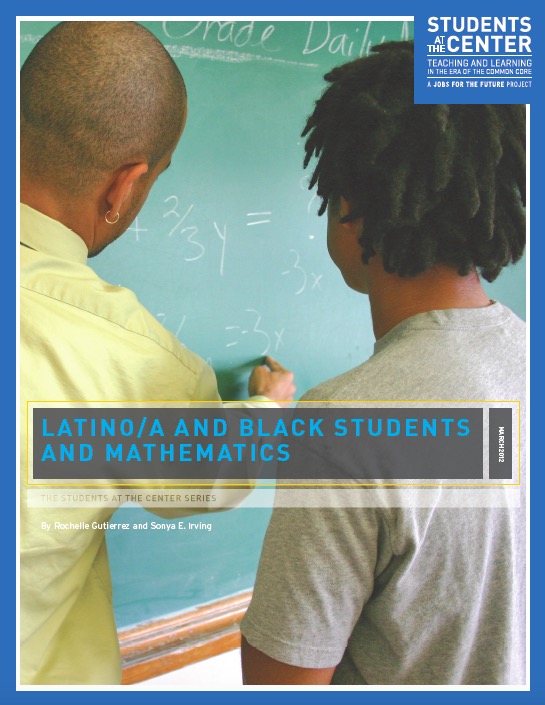
This report examines a wide variety of mathematical practices and competencies that are missed by school mathematics. Furthermore, it highlights the voices of learners themselves—what meanings they place on mathematics and mathematical learning. Using new perspectives on mathematics as a cultural and social activity and new research on learning outside the school, the authors ask… Read More ›
Changing School District Practices
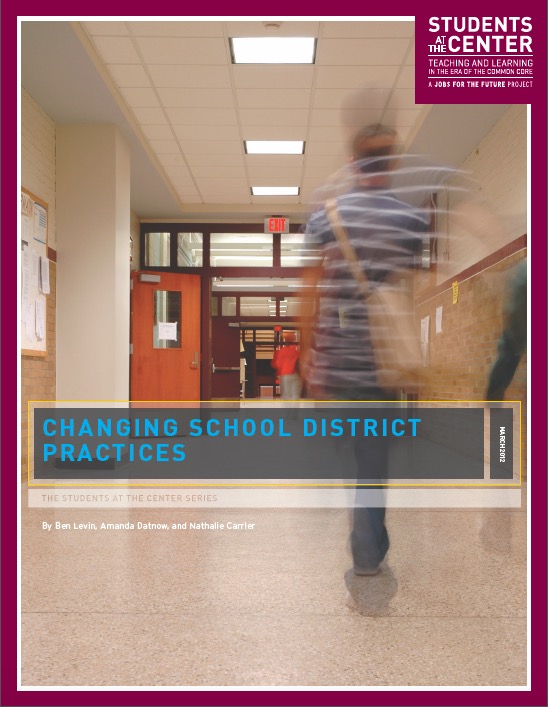
This report, noting an absence of references to student-centered learning approaches in a subset of high-performing districts, details seven key district characteristics to support innovative approaches in general, and student-centered learning approaches in particular. School districts have an important role to play in opening the door to the implementation of student-centered learning approaches and ensuring… Read More ›
Collaborative for Academic, Social, and Emotional Learning (CASEL)
Collaborative for Academic, Social, and Emotional Learning (CASEL) was founded in 1994 by Daniel Goleman, author of Emotional Intelligence, educator/philanthropist Eileen Rockefeller Growald, and a group of distinguished researchers and practitioners. CASEL is a nonprofit organization that works to advance the science and evidence-based practice of social and emotional learning. Visit the Resource →
Gardener Center for Youth and Communities
Mission The John W. Gardner Center for Youth and Their Communities (JGC) at Stanford University partners with communities to develop leadership, conduct research and effect change to improve the lives of youth. Principles Our work is rooted in the principles of community youth development: a community only prospers when its young people prosper, and young… Read More ›
Lead the Change: Amanda Datnow
American Educational Research Association‘s Eduational Change Special Interest Group presents: Lead the Change Series: Q & A with Amanda Datnow. Amanda Datnow discusses how schools can effectively use data for school improvement. Excerpt: “Many schools and schools systems were drawn to the idea of data-driven decision making as high stakes accountability policies came to the… Read More ›
Usable Knowledge
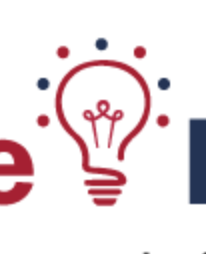
The Usable Knowledge website, managed by the Harvard Graduate School of Education are intended to disseminate key practice and policy lessons derived from current education research. Topic areas include: Leadership and policy Learning and development Decisions through data Community and family Teaching and curriculum Visit the Resource →
Curricular Opportunities in the Digital Age: The Students at the Center Series
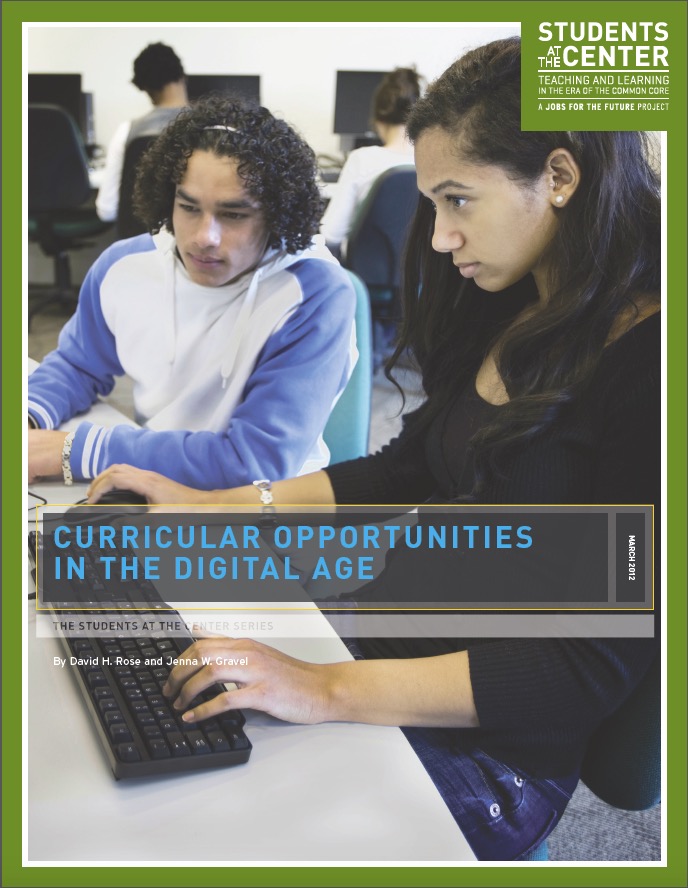
This paper explores how new digital technologies can be used to design curricula that are flexible enough to adapt readily to individual differences. The authors propose that universal design for learning—as the confluence of advances in the neuroscience of human variability and in multimedia technologies—can create an “ecology for learning” which provides rich, diverse and… Read More ›